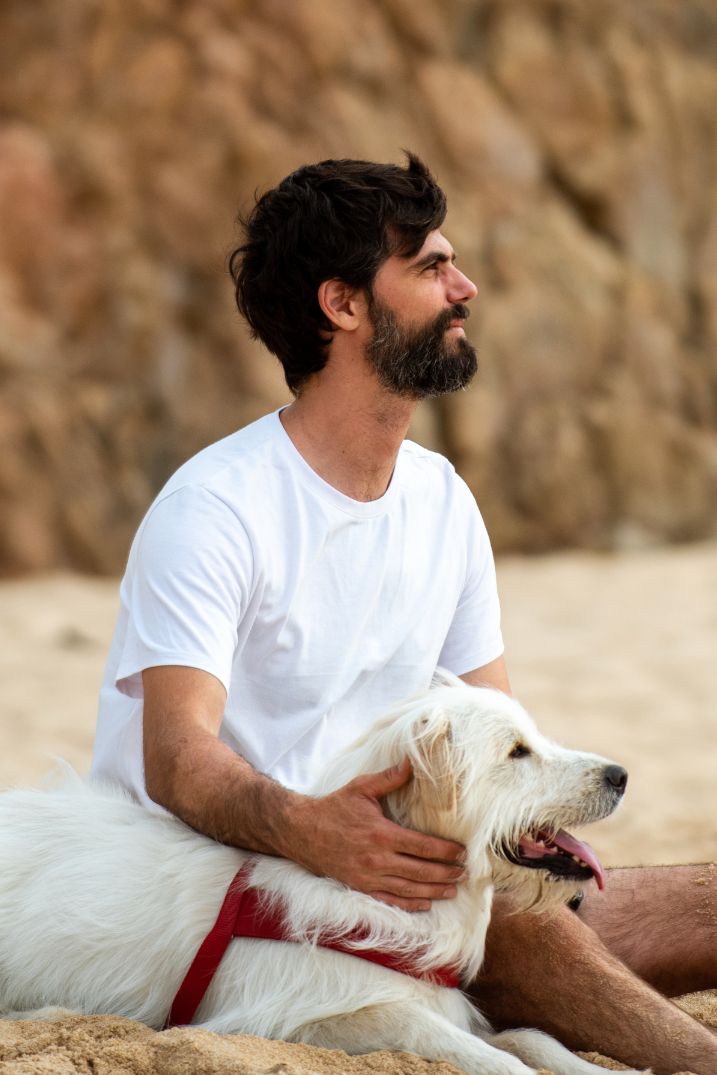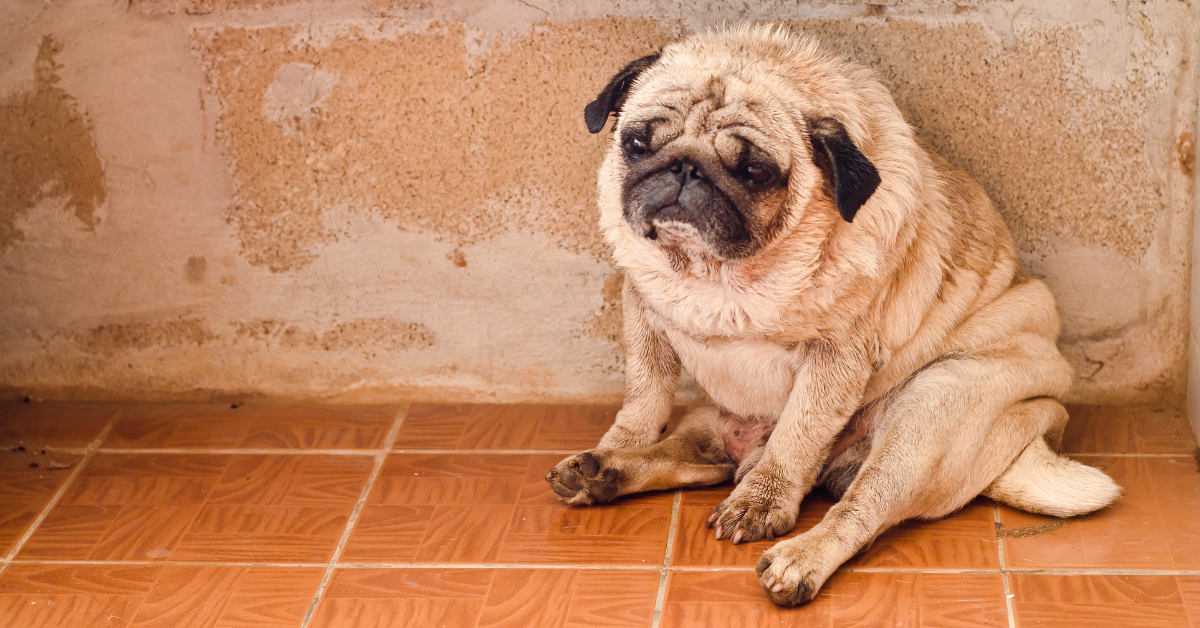As our beloved canine companions age, their needs and requirements often shift, requiring us as pet owners to adapt our care and approach. Caring for a senior dog can be a rewarding yet challenging experience, but with the right knowledge and preparation, you can ensure your years old friend enjoys their golden years to the fullest.
Understanding the Aging Process in Dogs
Dogs are considered "senior" once they reach the latter half of their expected lifespan, which can vary depending on their breed and size. Smaller dogs generally live longer than their larger counterparts, with some toy breeds living well into their teens. Regardless of size, all dogs will eventually experience the natural effects of aging, which can include:
- Decreased mobility and joint health
- Reduced senses, such as hearing and vision
- Changes in sleep patterns and energy levels
- Increased susceptibility to certain health conditions
It's important to recognize these changes and be proactive in addressing them to maintain your senior dog's quality of life.
Adapting Your Dog's Environment
As your dog ages, making adjustments to their living space can significantly improve their comfort and safety. Consider the following modifications:
Comfortable Resting Areas
Provide your senior dog with soft, orthopedic bedding to support their joints and reduce pressure points. Elevate their food and water bowls to make it easier for them to access.
Accessibility Aids
Install ramps or steps to help your dog navigate stairs or get in and out of vehicles. Non-slip surfaces on floors and stairs can also prevent falls and injuries.
Reduced Clutter
Minimize tripping hazards by keeping pathways clear and removing any unnecessary furniture or obstacles.
Temperature Control
Older dogs may have a harder time regulating their body temperature, so ensure they have access to cool, shaded areas during hot weather and warm, cozy spots in colder months.
Maintaining Physical Health
Caring for a senior dog's physical well-being is crucial, and this often requires a more proactive approach compared to caring for a younger dog.
Veterinary Checkups
Regular veterinary check-ups are essential for early detection and management of any age-related health issues. Your vet may recommend more frequent visits to monitor your dog's condition.
Nutrition and Supplements
Work with your veterinarian to develop a diet that meets your senior dog's specific nutritional needs, which may include increased protein, reduced calories, and added supplements for joint and cognitive health. You should also consider adding supplements to their meals such as those for joints, digestive health and so on. At Vetanica we offer a number of such premium products.
Exercise and Mobility
While your senior dog may not be able to engage in the same high-intensity activities as they once did, it's still important to provide them with gentle, low-impact exercise to maintain muscle tone and joint flexibility. Activities like short walks, swimming, and light playtime can be beneficial.
Pain Management
As your dog ages, they may experience increased joint pain and discomfort. Your vet may prescribe medications or recommend natural remedies to help alleviate their discomfort and improve their quality of life.
Addressing Cognitive Changes
In addition to physical changes, senior dogs may also experience cognitive decline, which can manifest in various ways, such as:
- Disorientation or confusion
- Changes in sleep-wake cycles
- Decreased responsiveness to commands
- Increased anxiety or changes in behavior
To support your senior dog's cognitive health, consider the following:
Mental Stimulation
Engage your dog in activities that challenge their mind, such as puzzle toys, training exercises, and interactive playtime. These can help maintain their cognitive function and prevent boredom.
Environmental Enrichment
Provide your senior dog with a predictable, calm, and familiar environment to reduce stress and anxiety. Maintain their daily routine as much as possible.
Veterinary Consultation
If you notice significant changes in your dog's cognitive abilities, consult your veterinarian, as they may be able to recommend medications or supplements to help manage the condition.
Emotional Support and Companionship
As your dog ages, they may require more emotional support and companionship. Spend quality time with your senior dog, engage in gentle play, and provide plenty of affection and reassurance. Consider the following:
Adjusting Your Expectations
Understand that your senior dog may not have the same energy or ability to participate in activities as they once did. Adapt your expectations and focus on providing them with comfort and quality of life.
Patience and Understanding
Your senior dog may experience increased anxiety, confusion, or changes in behavior. Respond with patience, empathy, and understanding, and seek guidance from your veterinarian if you have concerns.
Considering End-of-Life Care
As your dog's health and quality of life decline, have open and honest discussions with your veterinarian about end-of-life care options, such as palliative care or euthanasia, to ensure your beloved companion's comfort and dignity.
Caring for a senior dog requires a delicate balance of adapting to their changing needs, maintaining their physical and cognitive health, and providing them with the emotional support and companionship they deserve. By being proactive, patient, and attentive to your senior dog's well-being, you can help them enjoy their golden years to the fullest.
Conclusion
Caring for a senior dog can be a rewarding and fulfilling experience, but it also requires a deeper understanding of their unique needs and challenges. By making the necessary adjustments to their environment, prioritizing their physical and cognitive health, and offering them unwavering emotional support, you can ensure your beloved canine companion enjoys their golden years with comfort, dignity, and love.
Remember, every dog is different, and what works for one senior may not work for another. Stay in close communication with your veterinarian, be adaptable, and most importantly, cherish the time you have left with your furry friend. With the right care and attention, you can help your senior dog live their best life, even in their twilight years.







Unleash Your Dog's Mobility: Discover the Best Joint Supplements for Canine Wellness
What to Feed My Dog for Diarrhoea: A Pet Parent’s Guide